Thirty-five years after it started running car schemes for the NHS and five years after it became owned by its employees, Knowles Fleet is under new leadership and eyeing growth.
The business was established in 1990 and has grown to become a major provider of fully inclusive fleet management and benefit services to almost 200 NHS and public sector organisations across England, Scotland and Wales, as well as firms in the private and third sectors.
It works with all the major UK leasing and rental companies operating in the public sector and manages a fleet of about 25,000 vehicles.
It offers organisations access to a range of fleet services, from salary sacrifice, salary deduction and company cars, to pool cars and commercial vehicles, including vans, trucks, motorbikes and buses.
Its salary sacrifice offering has become a major contributor to its managed fleet, but company founder and chairman, Colin Knowles, says that while it has broadened its product offering to cater for new and evolving needs, it hasn’t deviated from its prime focus.
“Our customers need vehicles for work,” he explains. “It’s an essential part of their work commitment. They couldn’t provide community services without vehicles.”
“Although, we provide these other products and we provide benefit schemes - we've probably got 13-14,000 vehicles under salary sacrifice - we still stick to our core business, and I think that's the strength for us,” he adds.
Thirty-five years after it started running car schemes for the NHS and five years after it became owned by its employees, Knowles Fleet is under new leadership and eyeing growth.
The business was established in 1990 and has grown to become a major provider of fully inclusive fleet management and benefit services to almost 200 NHS and public sector organisations across England, Scotland and Wales, as well as firms in the private and third sectors.
It works with all the major UK leasing and rental companies operating in the public sector and manages a fleet of about 25,000 vehicles.
It offers organisations access to a range of fleet services, from salary sacrifice, salary deduction and company cars, to pool cars and commercial vehicles, including vans, trucks, motorbikes and buses.
Its salary sacrifice offering has become a major contributor to its managed fleet, but company founder and chairman, Colin Knowles, says that while it has broadened its product offering to cater for new and evolving needs, it hasn’t deviated from its prime focus.
“Our customers need vehicles for work,” he explains. “It’s an essential part of their work commitment. They couldn’t provide community services without vehicles.”
“Although, we provide these other products and we provide benefit schemes - we've probably got 13-14,000 vehicles under salary sacrifice - we still stick to our core business, and I think that's the strength for us,” he adds.
Julian Humphreys became chief executive officer at Knowles Fleet at the start of the year, following the sad passing of former MD Lee Walker.
Humphreys joined the business from Motom, a technology firm operating in the wholesale remarketing sector, which he co-founded and where he remains a non-executive director. He was also chief revenue officer at Maxxia for nine years.
He has been charged with taking the business into its next phase of growth and is relishing the opportunity. “Like many businesses, you get to know the personalities and you get to know the DNA of the business, and sometimes you connect, sometimes you don’t, and with Knowles I absolutely connected,” says Humphreys.
Keeping costs down for operators is intrinsic to the firm’s DNA. “We’re saving £100 million a year for our customer base,” Humphreys adds. “Some of that’s insurance, some of that’s fuel management, some of that’s through a multi-panel approach.
“Some of that’s by the different leasing products we might be able to leverage and the different scheme structures. It’s really significant.”
Pioneer in public sector car schemes
Knowles was working for Rover Finance almost 40 years ago when he first developed a car scheme for the NHS.
He says: “It all came about back in 1987, when through Government savings initiatives, we started looking at transport in the NHS.
“There were some staggering figures - we had about 200,000 people using their own cars for business and they were being paid a very generous mileage allowance, which equated to about 56 pence a mile.
“We were looking at an annual expenditure of around £400 million pounds a year.
“What we decided to do was to find an alternative to people using their own cars and this was probably the first attempt at controlling grey fleet.”
He explains: “We set up an administration service to look after the scheme for our own health authority and, because it was so popular, we also started running schemes for other health authorities.”
The fleet grew to about 3,500 vehicles, however, changes in the NHS meant the people that were running the schemes were given notice, leaving the health authorities scrambling to find somebody to manage their car schemes.
“That’s when I set up the business up in 1990,” says Knowles. “I took all of those fleets outside of the NHS and the business grew steadily over the years.”
Panel of fleet funders
Knowles Fleet does not take the risk on the vehicles it supplies, instead it provides funding through a panel of funders.
Having helped draw up the framework agreement for manufacturers and leasing companies when the business first started, it has grown from an initial four funders to a panel of 18 leasing companies.
“One of the key parts of that was, if we were going to use those suppliers, it had to be on the level playing field,” says Knowles.
“Everybody had to use the same support terms, and everybody had to work the same set of terms and conditions.”
He is proud of the fact that the master hire agreement it created back then has changed very little to the contracts that are now being run by the Crown Commercial Service for the public sector.
“It’s exactly the same principles that we had 30 years ago, and it’s been hugely successful,” he adds.
“It saved not just the NHS, but all public sector bodies that use this framework agreement an absolute fortune and that’s become a very key part of our business model.”
That business model has allowed the business to be “far more competitive” than others in the market, according to Knowles.
“By using the framework agreement as we do, it’s enabled us to build a model that allows us to provide cars to our clients significantly cheaper than anybody else,” he claims.
He highlights that’s important when talking about salary sacrifice, due to an increase in list prices, particularly with electric vehicles (EVs).
While competitors suggest a starting salary of around £36,000 to qualify for a car, he says it has enabled Knowles Fleet to pitch its offering at employees earning £30,000 a year
“We're doing it significantly cheaper, so we’re capturing a lot more customers,” he adds.
A big benefit appeal for funders and customers is the technology developed by Knowles Fleet.
All car quoting, driver and vehicle documentation, processing and reporting is managed through its secure online platform, which can be licensed to third-party providers.
It also offers support with payroll set up and tax reporting to quickly get customer schemes on the road.
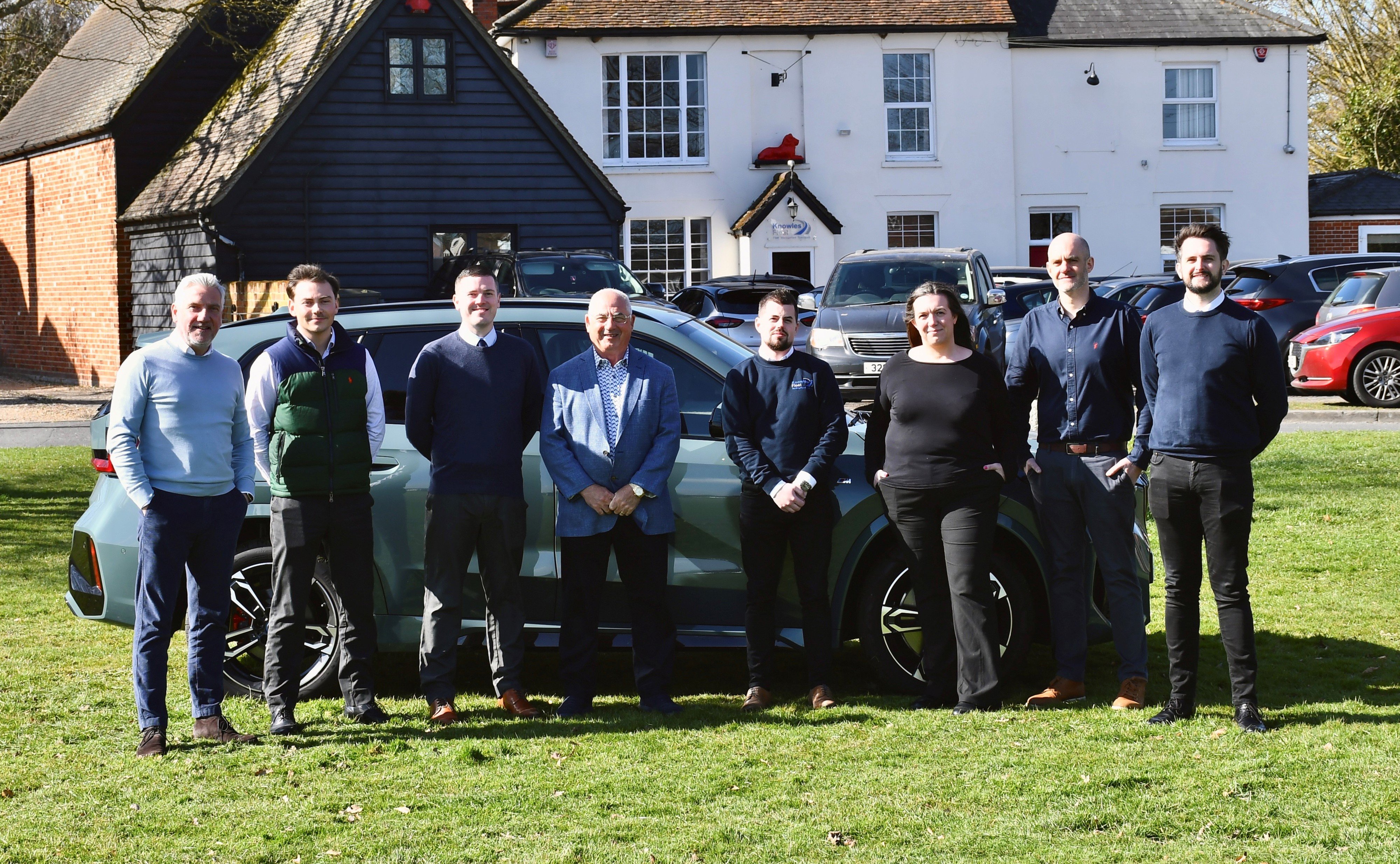
Knowles Fleet senior management team: Julian Humphreys, CEO; Ryan Knowles, finance director; Dan O'Neill, commercial director; Colin Knowles, chairman; James Hawkins, managing director; Ria Turner, IT director; Dave Froggatt, operations director; Dan Howard, procurement director.
Employee ownership success
Knowles Fleet, which was shortlisted for Fleet Supplier of the Year at the 2024 Fleet News Awards, became employee-owned after Knowles transferred 100% ownership of the business to its staff through an Employee Ownership Trust (EOT) in June 2020.
The reason behind the decision to become an EOT was to secure a sustainable future for the business and, crucially, to retain its independent status.
Providing employees with a stake in the company was also aimed at further strengthening staff commitment, enhancing performance and boosting innovation.
EOTs were introduced by the Government in 2014 to encourage more shareholders to set up a corporate structure similar to the John Lewis model.
As well as tax incentives for the business, staff can receive up to £3,600 as an annual bonus, tax free.
Knowles explains: “I decided that if I was going to really reward those people for their work, then they needed to be in full control and own the business themselves.
“Little did I know that it was going to be as successful as it was, because in that period… we grew the business by over 35%.”
Sustainability targets
Knowles Fleet is a certified ISO 14001:2015 and carbon neutral business committed to reducing its environmental impact and helping its customers and drivers do the same.
In terms of its own operations, it has focused on cutting emissions from business travel by replacing in-person meetings with video conferencing, introducing electric and hybrid pool cars for business use and encouraging the use of car sharing and public transport.
These measures have resulted in a 29.1% fall in business travel emissions over the past year, down from 4.06 tCO2e to 2.88 tCO2e.
This almost hits its target set in April 2024 to reduce business travel emissions by 30% (1.22 tCO2e) on 2022/23 levels by 2028.
It has also helped reduce staff commuting emissions by promoting the use of free workplace chargers for employees to encourage the take up of EVs and supporting staff to upgrade to newer, less polluting cars (ideally electric and hybrid) through its own incentivised car benefit scheme.
In addition, it has encouraged car sharing and flexible working arrangements.
Combined they have resulted in a 34.6% fall in staff commuting emissions over the past 12 months, down from 58.89 tCO2e to 38.51tCO2e.
This already exceeds its target set in April 2024 to cut emissions from staff vehicles by 10% (5.889 tCO2e) on 2022/23 levels by 2027.
Meanwhile, its ‘Road to Zero’ programme, for example, is already helping hundreds of organisations cut fleet emissions for a cleaner, healthier environment.
“There are some headwinds to deal with in our market, but for every headwind, there’s an opportunity, because of the embedded experience in the business of running, managing and administering vehicle fleets - not just car fleets,” concludes Humphreys.
Login to continue reading.
This article is premium content. To view, please register for free or sign in to read it.



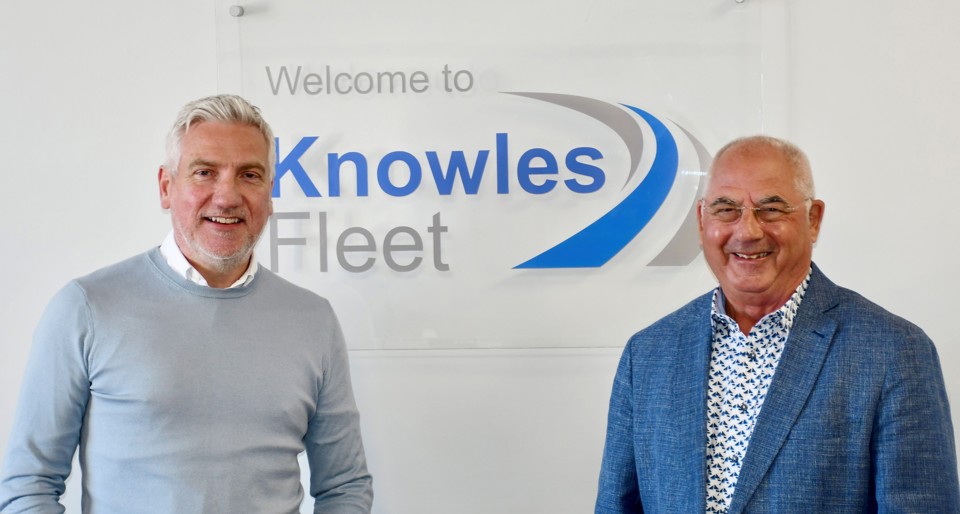
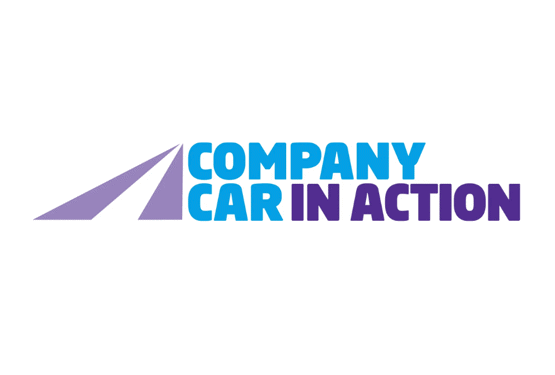








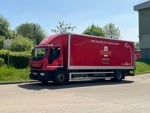

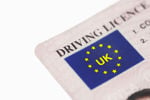




Login to comment
Comments
No comments have been made yet.